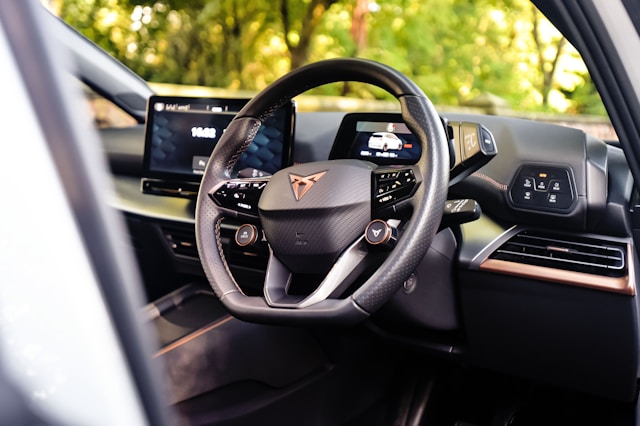
Car manufacturers have come under pressure to reassess their reliance on touchscreen controls, due to safety concerns from some industry groups.
The European New Car Assessment Programme (Euro NCAP) announced new testing rules where safety points will be deducted for manufacturers relying too heavily on touchscreen technology.
They are encouraged to include tangible switchgear alongside touchscreens for crucial functions like indicating directions, using windscreen wipers, and sounding the horn. These new testing rules are set to roll out from January 2026.
Director of Strategic Development at Euro NCAP, Matthew Avery, said: “The overuse of touchscreens is an industry-wide problem, with almost every vehicle-maker moving key controls onto central touchscreens, obliging drivers to take their eyes off the road and raising the risk of distraction crashes.”
Research by the American Automobile Association (AAA) further supports these concerns. The AAA study observed 120 drivers across 30 vehicles, assessing the distraction levels associated with tasks like navigating and making phone calls using integrated systems.
Entering a new destination into the navigation system was identified as the most distracting task, surpassing text messaging.
Alarmingly, none of the vehicles tested received a “low demand” score for using their infotainment systems. Instead, most rated as “high” or “very high” demand, indicating significant distraction levels.
The study revealed that drivers took their eyes off the road or hands off the steering wheel for up to 40 seconds while performing navigation tasks. The test route set a 25 mph speed limit, translating to a staggering 1,500 meters of travel where the driver was not in complete control.
The AAA urges drivers to ‘remember that just because technologies come installed in a vehicle does not mean automaker testing has proven they are safe to use while driving’. It advises using these infotainment technologies ‘only for legitimate emergencies or urgent, driving-related purposes.’
For more road safety news, head to the Anglo Liners blog. Alternatively, get in touch to receive a free, no-obligation quote.
